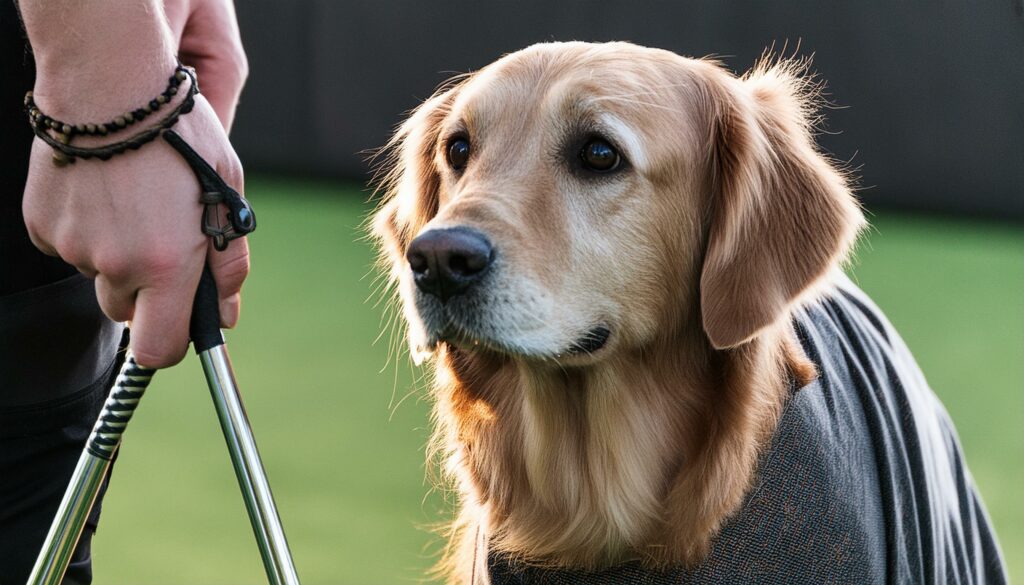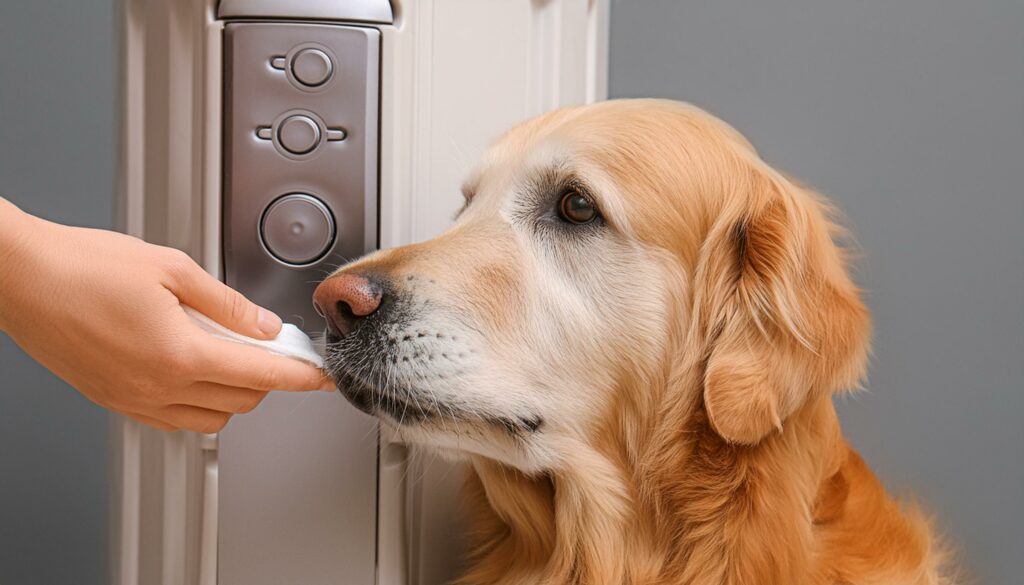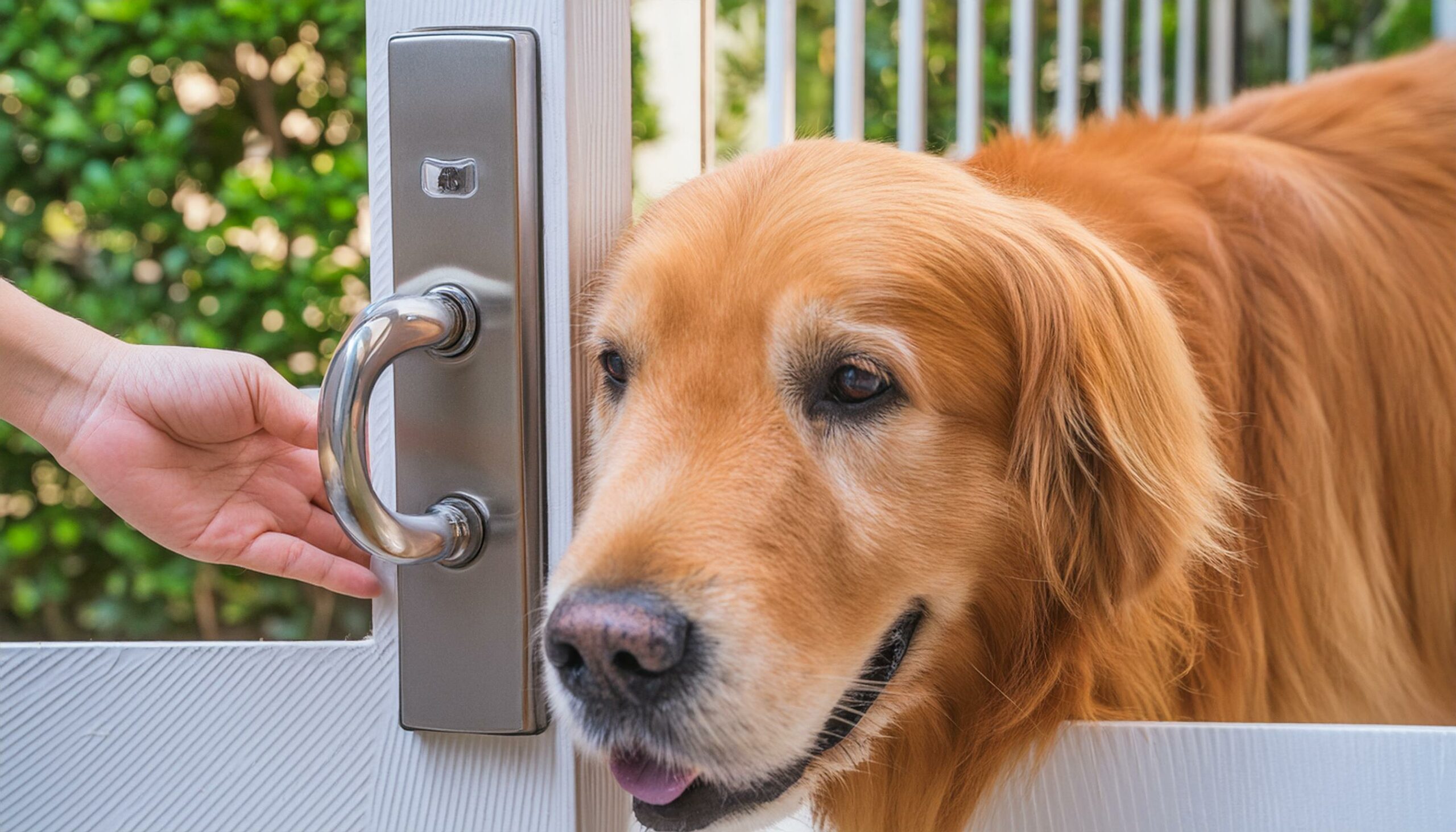Separation anxiety is a common concern among dog owners, and Golden Retrievers are no exception. These affectionate canines thrive on companionship, making it essential to approach alone time with care and consideration.
Golden Retrievers’ Temperament
Golden Retrievers are renowned for their friendly and sociable nature. They often form deep bonds with their owners and can experience distress when separated for extended periods. Understanding their inherent need for connection is key to addressing concerns about leaving them alone.
Factors Affecting Alone Time

Several factors influence how well a Golden Retriever copes with being left alone:
Age
Puppies, in particular, may struggle with alone time due to their limited bladder control and heightened dependence on caregivers. As they mature, they typically become more independent and can tolerate solitude better.
Training and Socialization
Proper training and socialization play crucial roles in shaping a dog’s behavior and confidence levels. Dogs that have been exposed to various environments and experiences from a young age are generally more adaptable and resilient when faced with alone time.
Past Experiences
Previous encounters with alone time can impact a dog’s comfort level when left on their own. Positive experiences, such as gradual desensitization to being alone, can help build confidence and reduce anxiety.
Recommended Alone Time for Golden Retrievers
Puppies
Due to their developmental needs and limited bladder control, puppies should not be left alone for extended periods. A general guideline is to limit alone time to no more than a few hours, ensuring they have frequent potty breaks and opportunities for interaction and play.
Adult Dogs
Adult Golden Retrievers can typically handle longer periods of alone time, but individual factors such as temperament and past experiences should be considered. Ideally, adult dogs should not be left alone for more than four to eight hours at a time, with ample opportunities for bathroom breaks and mental stimulation.
Signs of Separation Anxiety
Recognizing the signs of separation anxiety is crucial for addressing your Golden Retriever’s emotional needs:
- Destructive Behavior: Chewing, scratching, or other destructive behaviors may indicate distress or boredom.
- Excessive Vocalization: Dogs with separation anxiety may bark, howl, or whine excessively when left alone.
- Potty Accidents: Indoor accidents, even in house-trained dogs, can be a sign of anxiety or distress.
Preparing Your Golden Retriever for Alone Time

To help your Golden Retriever feel more comfortable when left alone, consider the following strategies:
Gradual Acclimation
Start by leaving your dog alone for short periods, gradually increasing the duration over time. This gradual exposure can help build confidence and reassure your dog that you will return.
Environmental Enrichment
Provide your dog with interactive toys, puzzle feeders, or other enrichment activities to keep them mentally stimulated and engaged during alone time. Creating a stimulating environment can help alleviate boredom and reduce anxiety.
Comfort and Security
Ensure your dog has access to a comfortable resting area, fresh water, and appropriate shelter from environmental stressors such as loud noises. Additionally, leaving an article of clothing or blanket with your scent can provide comfort and reassurance in your absence.
Tools and Techniques
Several tools and techniques can aid in managing separation anxiety and promoting relaxation during alone time:
- Interactive Toys: Toys that dispense treats or require problem-solving can keep your dog entertained and mentally engaged.
- Calming Aids: Consider using calming pheromone diffusers, soothing music, or herbal supplements to promote relaxation and reduce anxiety.
- Professional Guidance: Consult with a veterinarian or animal behaviorist for personalized advice and guidance on managing separation anxiety in your Golden Retriever.
Alternatives to Leaving Them Alone
If you’re concerned about leaving your Golden Retriever alone for extended periods, consider alternative options such as:
- Doggy Daycare: Enrolling your dog in daycare can provide socialization opportunities and mental stimulation in a supervised environment.
- Pet Sitting Services: Hiring a pet sitter to visit your home and spend time with your dog can offer companionship and reassurance while you’re away.
Conclusion
In conclusion, Golden Retrievers can be left alone with proper preparation, training, and consideration of their individual needs. By understanding the factors that influence their comfort and well-being during alone time, you can help alleviate separation anxiety and ensure a positive experience for both you and your furry friend.
FAQs
How long can Golden Retrievers be left alone?
Golden Retrievers can typically handle being left alone for four to eight hours, depending on factors such as age, training, and temperament.
Do Golden Retrievers suffer from separation anxiety?
Yes, Golden Retrievers are prone to separation anxiety, especially if they have not been properly trained or socialized.
What are some signs of separation anxiety in Golden Retrievers?
Signs of separation anxiety include destructive behavior, excessive vocalization, and indoor accidents.
How can I help my Golden Retriever cope with being left alone?
Gradual acclimation, environmental enrichment, and providing comfort and security can help alleviate separation anxiety.
Are there alternatives to leaving my Golden Retriever alone?
Yes, alternatives include doggy daycare or hiring a pet sitter to provide companionship and stimulation.
